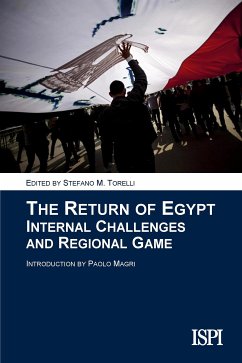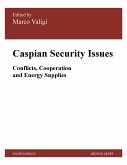Egypt has reappeared again as a leading actor in the Middle East. After the fall of Mubarak, the rise to power of the Muslim Brotherhood and its ouster, the country has chosen its new ‘strongman’. Following the elections of al-Sisi, Egypt is back to pursuing a pro-active policy not only internally, but also in the neighbourhood. The restoration of the strategic axis with Saudi Arabia and the struggle against radical Islam are the two pillars of this new political phase. However, there are critical elements, too, from further deterioration of the political and civil liberties indexes, to the emergence of jihadist groups in the Sinai, to the enduring economic and financial difficulties. As a result of these changes, Europe and Italy should calibrate a new policy aimed at safeguarding their interests, especially from the points of view of security, stability and the fight against terrorism, also promoting more inclusive practices by the Cairo government vis-à-vis the opposition (including the Muslim Brotherhood) and developing policies which can help Egypt to respond to future challenges in terms of economic growth, poverty alleviation, demographic pressure and the creation of employment opportunities
Bitte wählen Sie Ihr Anliegen aus.
Rechnungen
Retourenschein anfordern
Bestellstatus
Storno









